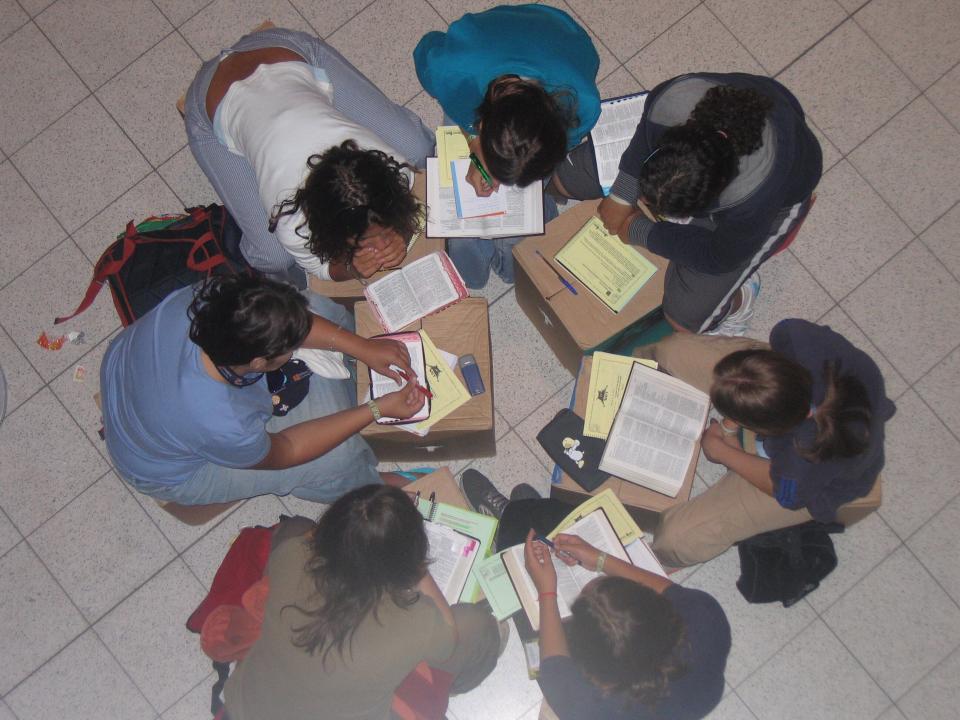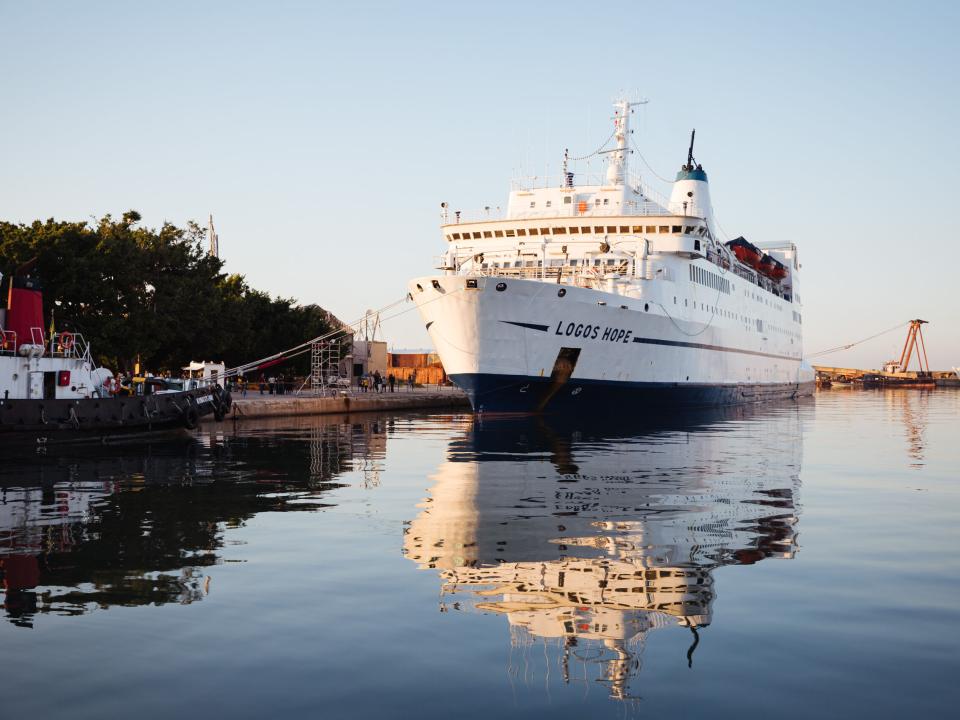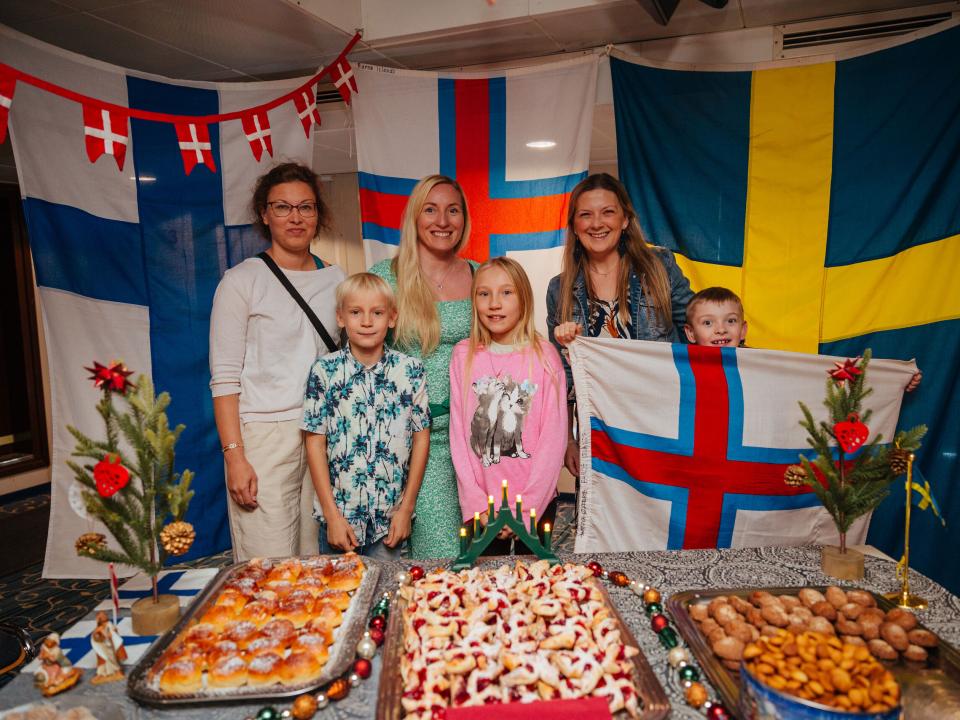
Λίβανος
The melting pot of the Middle East
The melting pot of the Middle East
Learning the heart language of locals is intrinsic to effective Gospel witness. The Near East Field offers a variety of language learning options, ranging from formal classrooms to private tutors to GPA (Growing Participator Approach).
WATCH
Video: Learning Arabic
Video: School for Syrian refugee children in Lebanon
How you can help:
Pray for the Spirit of God to move across Lebanon, sparking a rich harvest of spiritually interested people. Pray for the local church to be mobilized to lead efforts in relief and evangelism.
Help support the work of OM Near East at http://www.om.org/en/give. Please join us in equipping the church in the Near East to help fulfill the Great Commission!
See job opportunities for the Near East Field. Contact personnel.neast@om.org or visit http://www.om.org/en/opportunities.
More information about Lebanon
- Population: 5.9 million
- Languages: Arabic (official), English, French
- Religious Make-Up: Muslim 54% (Sunni 27%, Shia 27%), Christian 40.5%, Druze 5.6%, other religious sects
- State of Economy: Lebanon’s free-market economy provides an opportunity for growth, especially in service-oriented sectors such as banking and tourism. However, ongoing conflicts in neighboring countries make the most investments in the country high risk. Additionally, planned reforms or restructuring often face delays due to corruption, arbitrary licensing decisions, high taxes, and outdated legislation.
- State of the church: Lebanon recognizes 18 official religions, but less than 0.1% of the overall population belongs to the evangelical church. Encouragingly, some small local denominations are starting to reach across religious borders and minister to refugees. In some areas, groups of new believers from Muslim backgrounds have begun meeting, but there are many parts of the country where there are no groups of believers gathering.
*Stats from The World Factbook (www.cia.gov)

